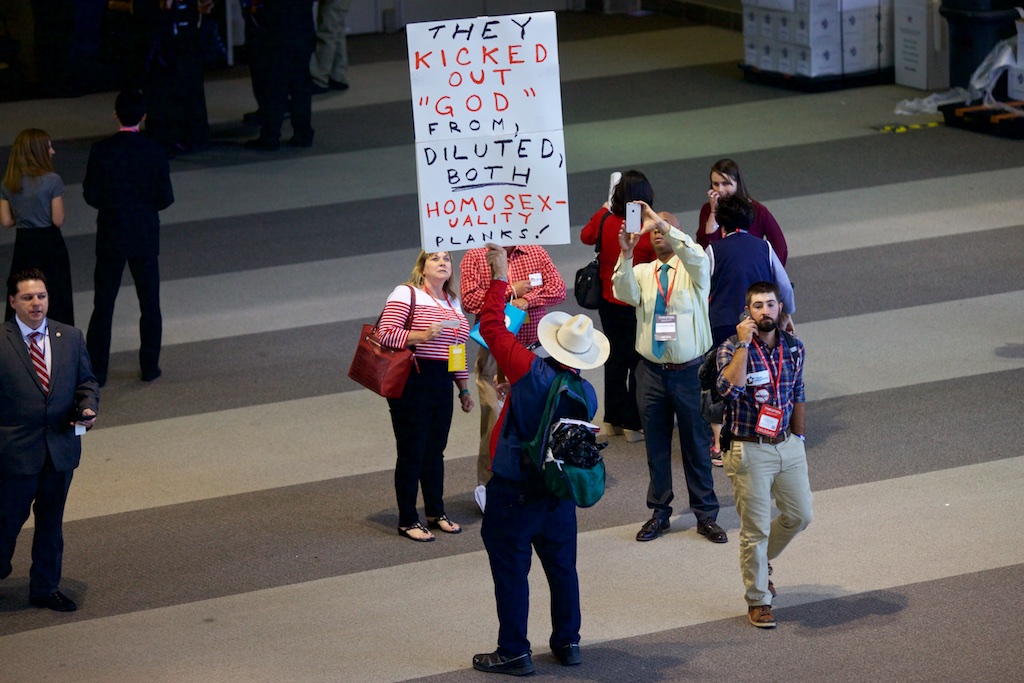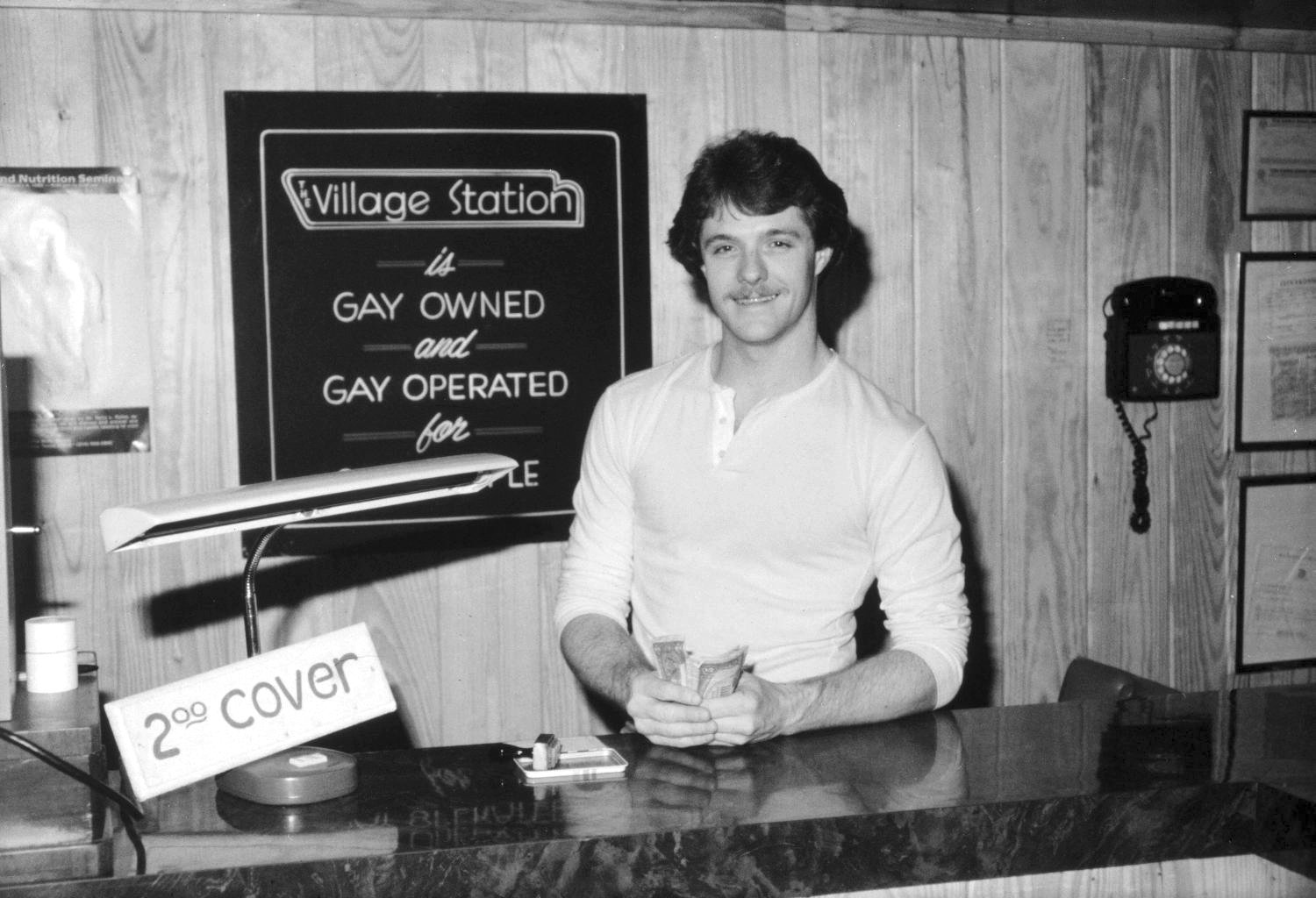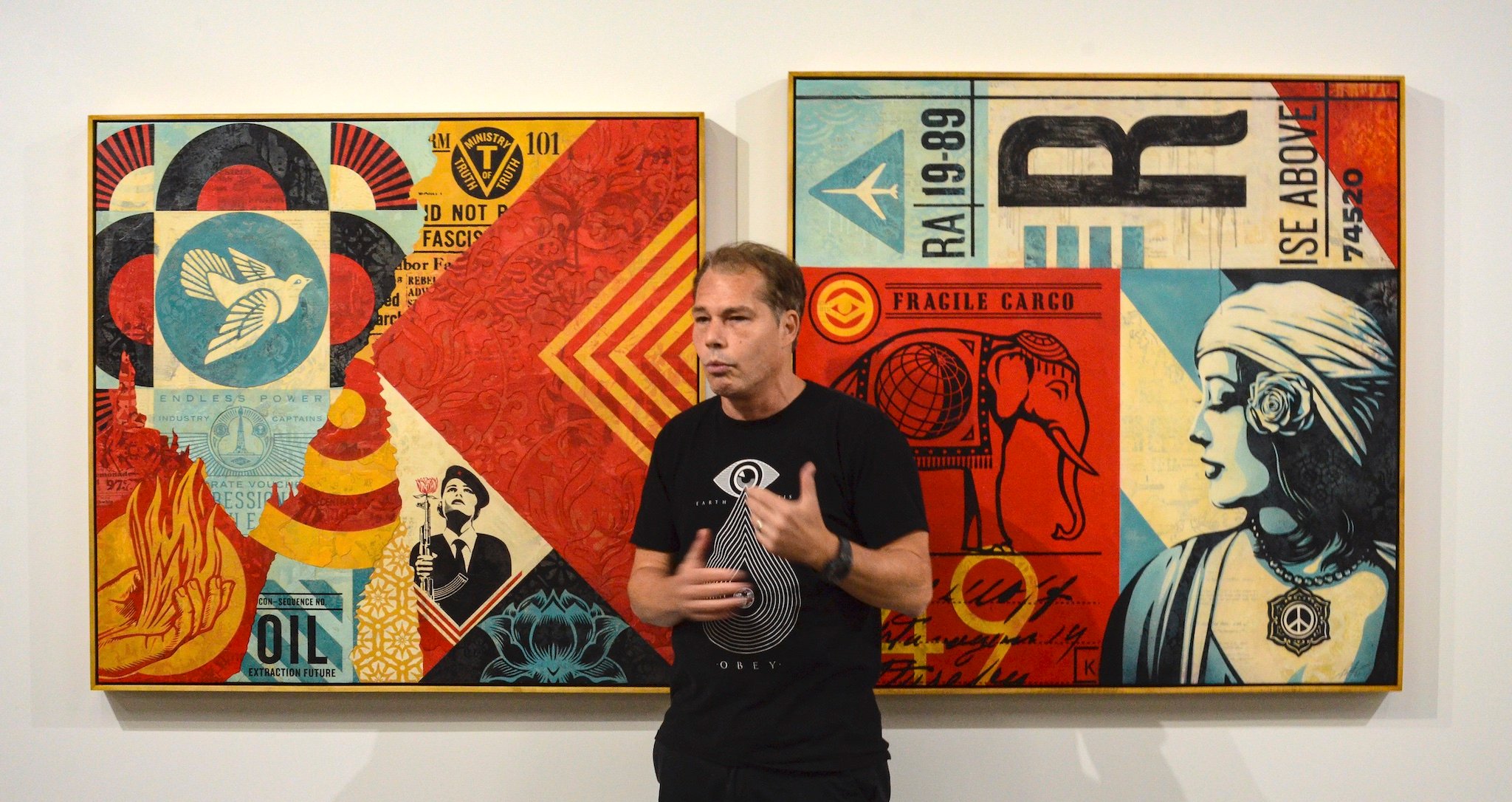
Dallas LGBT Advocates Eye Ban on ‘Ex-Gay’ Therapy


Dallas LGBT advocates want the city to become the first in the state — and only the fourth in the nation — to bar mental health professionals from attempting to change the sexual orientation or gender identity of people under 18.
Rafael McDonnell, communications and advocacy manager for Resource Center, Dallas’ LGBT community center, told the Observer he’s scheduled to discuss a proposal to ban so-called reparative therapy for minors with a subcommittee of the city’s LGBT Task Force in the near future.
McDonnell said outlawing the widely discredited practice would be consistent with Dallas’ comprehensive resolution in support of LGBT equality, which was approved by the City Council in 2014.
“It is a critical issue in terms of our youth,” McDonnell said. “This is the snake oil of the 21st century.”
Reparative therapy, also known as conversion therapy or “ex-gay” therapy, is opposed by virtually all of the major medical and mental health organizations.
However, Texas Republicans made headlines by adding a plank endorsing reparative therapy to the party’s platform in 2014. Gay delegates unsuccessfully tried to remove the plank at the GOP’s state convention last month.
Dallas reparative therapy practitioner David Pickup, a licensed marriage and family therapist who wrote and edited background material in support of the plank, told the Observer the proposed ban would harm “children who were emotionally and sexually abused who deal with homerotic feelings because of that abuse.”
“They’re obviously going to receive an intense fight against that,” Pickup said. “I don’t care about my business. My priority is my clients who are minors. It will no less than ruin their lives, and I do have significant numbers in Texas of these clients that deal with these issues.”
Pickup, who identifies as “ex-homosexual,” added he believes state lawmakers would override any local ban on reparative therapy in 2017. He said he and others are already working on a bill designed to preserve patients’ rights regarding access to counseling.
Three cities and five states have laws prohibiting reparative therapy for minors. Federal appeals courts have upheld the bans in California and New Jersey, and the U.S. Supreme Court has declined to hear those cases.
Scott Goldstein, chief of policy and communications for Dallas Mayor Mike Rawlings, questioned whether the city has the authority to ban reparative therapy, saying in an email it’s “way too early” to comment on McDonnell’s proposal.
“Of course Mayor Rawlings does not personally condone ‘reparative therapy,’ nor does he think it is appropriate,” Goldstein wrote in response to a follow-up question. “The mayor is supportive of the LGBT Task Force and the City Attorney’s Office studying this issue, but he will await their work before opining on a potential citywide ban.”
Councilman Philip Kingston, an attorney and LGBT ally, said as a home-rule city, Dallas can regulate public health and safety.
“I’m ready to support that,” Kingston said of the proposed ban. “I don’t think that’s a difficult question.”
Kingston added that if the proposal makes it to the council’s agenda, he believes it would pass.
“Even if people aren’t thoroughly for it, they’ll be too embarrassed to vote against it,” he said.
President Barack Obama has also called for an end to reparative therapy. Last year, Representative Celia Israel, D-Austin, introduced Texas’ first-ever bill to outlaw the practice, but it didn’t receive a hearing.


